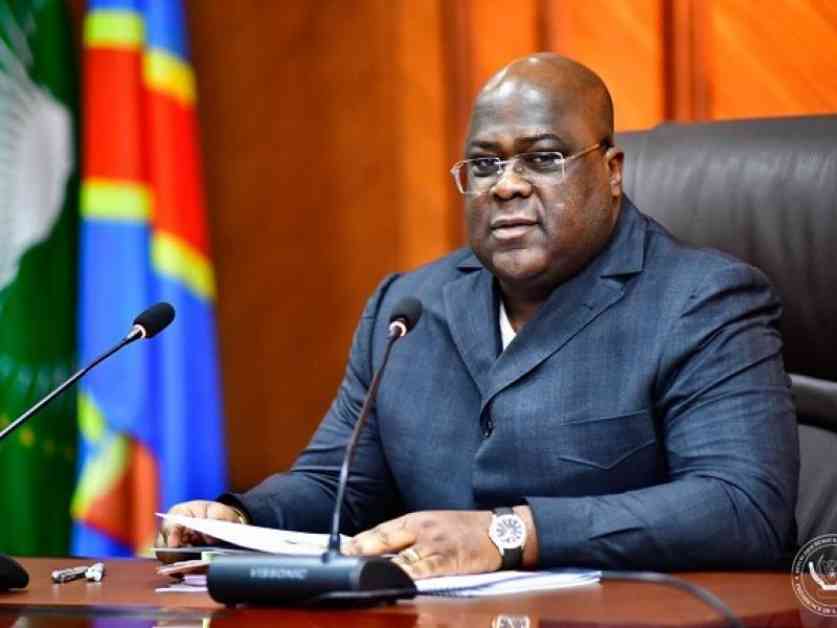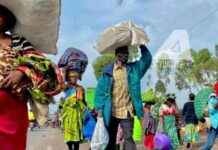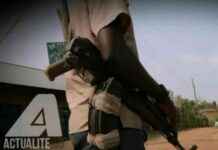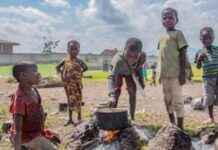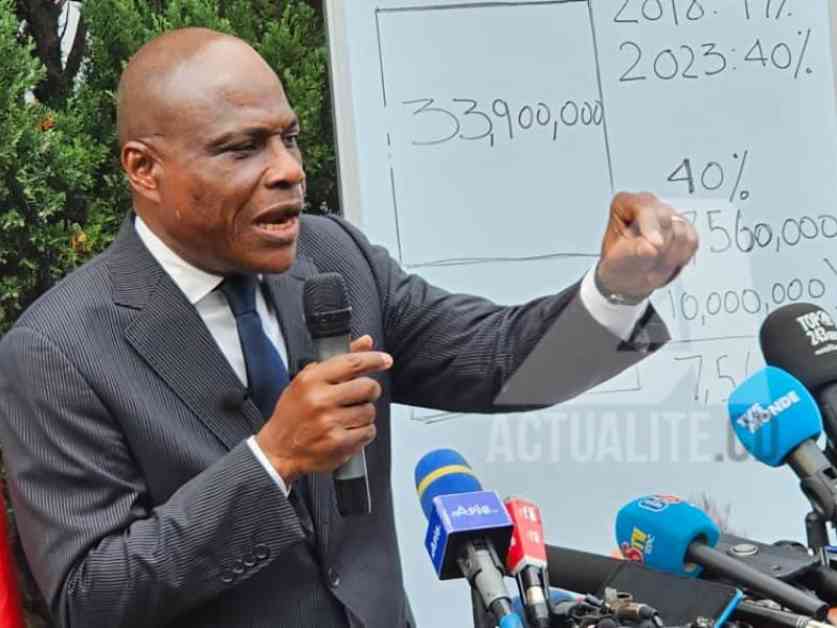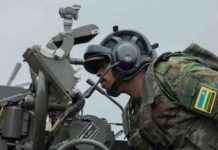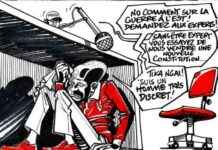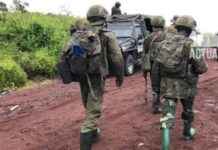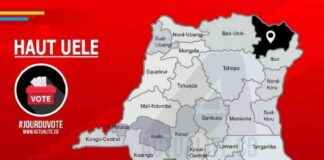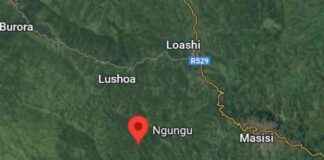In his address during the 30th cabinet meeting held on Friday, January 31, 2025, President Félix Tshisekedi emphasized the critical need for coherent, responsible, and strategic institutional communication amidst the ongoing conflict in the Eastern Democratic Republic of Congo. The conflict, marked by Rwandan aggression through its M23 proxies, has underscored the importance of clear and unified messaging to combat misinformation and maintain national resilience.
President Tshisekedi highlighted the urgency of the situation, emphasizing that improvisation and discordant voices only serve to weaken the nation’s stance and provide openings for the enemy. He stressed the necessity for a unified front in communication to ensure the population receives accurate and verified information that bolsters their support for the armed forces.
To enhance the effectiveness and responsibility of communication efforts, Félix-Antoine Tshisekedi directed the government, under the coordination of the Prime Minister, to establish an immediate crisis cell. This cell would bring together government communication services and the Presidency to streamline and coordinate institutional communication on the security situation. Regular updates validated by this cell would aim to counter hostile propaganda and provide precise information to both national and international audiences.
The President further called for strict communication discipline, where authorized voices would speak on the crisis, aligning interventions and strategic directions around the Minister of Communication and Media. This coordinated approach seeks to present a united front in addressing the crisis and dispelling misinformation.
The city of Goma currently faces a dire security, humanitarian, and economic situation following intense clashes between the Armed Forces of the Democratic Republic of Congo and M23 rebels supported by the Rwandan army. President Tshisekedi had previously announced plans for a vigorous response to reclaim territories under the control of the M23-AFC-RDF coalition.
Despite international and regional calls for dialogue and a return to negotiations, the situation remains at a standstill since the cancellation of the Luanda tripartite meeting. While Kinshasa remains committed to this initiative, President Kagame appears to be moving away from it, as evidenced by the criticism directed towards the process led by Angola.
Amidst these complex dynamics, the need for strategic and cohesive communication becomes increasingly evident as the region grapples with escalating tensions and humanitarian challenges. As the conflict persists, the role of effective communication in shaping perceptions and fostering unity within the nation becomes paramount. President Tshisekedi’s call for a unified front in communication reflects a broader strategy to navigate the complexities of the conflict and rally support for the country’s efforts to restore peace and stability.
